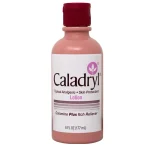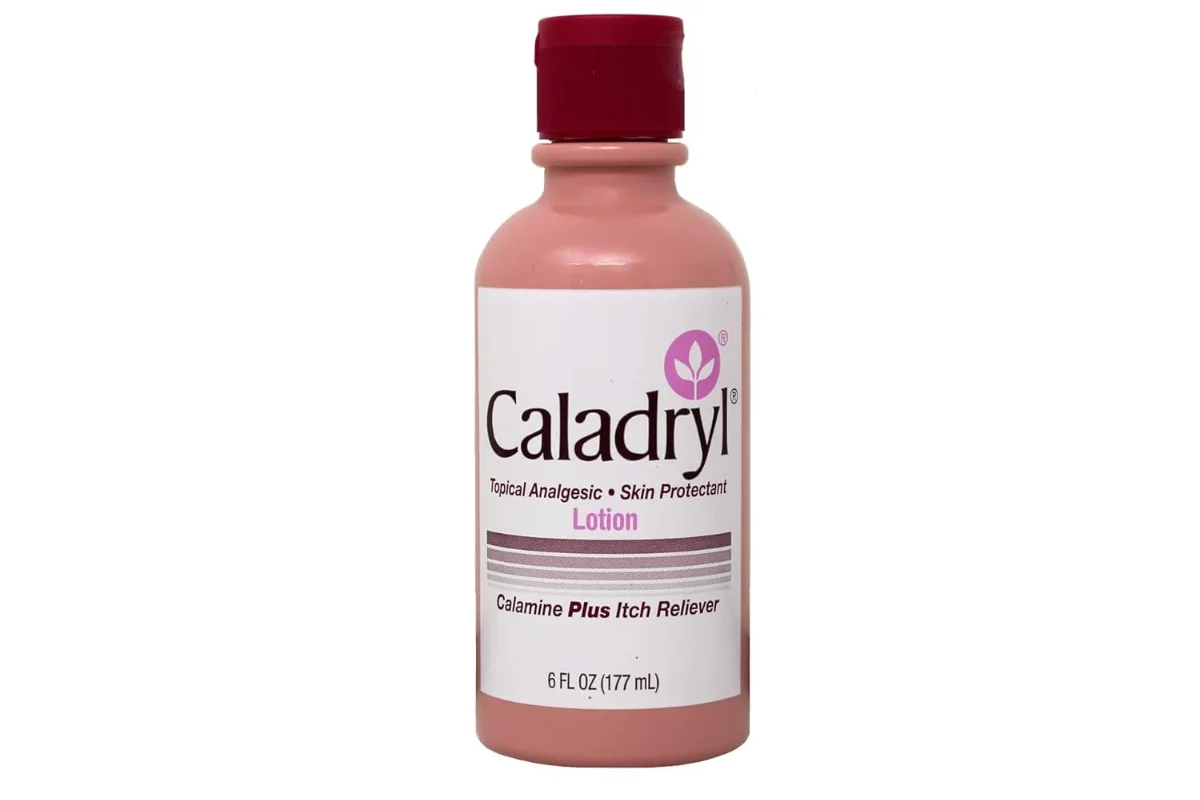Natural Face Masks for Winter: Hydrate and Revitalize Your Skin
Introduction
Winter can be harsh on your skin, stripping it of moisture and leaving it dull and dry. While store-bought products may offer quick fixes, they often contain chemicals that could irritate sensitive skin. Instead, try natural winter face masks—a gentle, eco-friendly, and cost-effective way to pamper and protect your skin using ingredients straight from your kitchen.
In this article, we explore the best natural face masks for winter, crafted to hydrate, soothe, and restore your skin’s natural glow.
Why Natural Ingredients Are Best for Winter Skin
Cold weather often depletes the skin’s natural oils, leading to dryness and irritation. Natural ingredients provide nourishment without the risk of harmful chemicals. Benefits include:
- Hydration: Ingredients like honey and yogurt restore moisture.
- Soothing: Oats and aloe vera calm irritated skin.
- Nourishment: Avocado and banana offer essential vitamins and antioxidants.
Top DIY Natural Face Masks for Winter
1. Honey and Avocado Mask
Rich in natural oils, avocado deeply moisturizes, while honey acts as a humectant to lock in hydration.
Ingredients:
- ½ ripe avocado
- 1 tablespoon honey
Steps:
- Mash the avocado until smooth.
- Mix in honey and apply the paste to your face.
- Leave on for 15–20 minutes, then rinse with lukewarm water.
Benefits: Softens skin and reduces flakiness.
2. Yogurt and Oatmeal Mask
Yogurt contains lactic acid that gently exfoliates, while oatmeal soothes dry, irritated skin.
Ingredients:
- 2 tablespoons plain yogurt
- 1 tablespoon ground oatmeal
Steps:
- Mix yogurt and oatmeal into a smooth paste.
- Apply to your face, focusing on dry areas.
- Let it sit for 10–15 minutes before rinsing off.
Benefits: Removes dead skin cells and replenishes moisture.
3. Banana and Olive Oil Mask
Bananas are packed with vitamins A and C, which brighten dull winter skin. Olive oil adds intense hydration.
Ingredients:
- ½ ripe banana
- 1 teaspoon olive oil
Steps:
- Mash the banana and mix in olive oil.
- Spread evenly over your face.
- Rinse after 15 minutes.
Benefits: Improves skin elasticity and reduces dryness.
4. Aloe Vera and Cucumber Mask
Aloe vera is a natural healer, perfect for soothing winter redness, while cucumber refreshes and hydrates.
Ingredients:
- 2 tablespoons fresh aloe vera gel
- 1 tablespoon cucumber juice
Steps:
- Blend aloe vera gel and cucumber juice.
- Apply to your face using a brush.
- Let it dry for 20 minutes, then rinse.
Benefits: Calms inflammation and provides cooling hydration.
5. Milk and Honey Mask
Milk’s natural fats and proteins nourish, while honey hydrates and soothes.
Ingredients:
- 2 tablespoons whole milk
- 1 tablespoon honey
Steps:
- Mix milk and honey until combined.
- Gently massage onto your skin.
- Rinse with warm water after 10 minutes.
Benefits: Leaves your skin supple and glowing.
How to Maximize the Benefits of Natural Masks
- Cleanse First: Ensure your skin is free of dirt and makeup before applying a mask.
- Patch Test: Test new ingredients on a small area of skin to avoid irritation.
- Moisturize Post-Mask: Lock in the benefits with a natural moisturizer like shea butter or almond oil.
- Stay Consistent: Use masks 1–2 times a week for best results.
FAQs
What are the best natural ingredients for winter skin?
Honey, avocado, aloe vera, and oatmeal are excellent for hydrating and soothing winter skin.
How often should I use face masks in winter?
Using a mask once or twice a week is sufficient to maintain hydration and glow.
Are natural masks suitable for sensitive skin?
Yes, but always do a patch test to ensure no adverse reactions.
Can I store leftover mask mixtures?
Most masks should be used fresh, but some (like aloe vera and cucumber) can be refrigerated for up to 24 hours.
Is it safe to mix multiple ingredients?
Absolutely! Combining complementary ingredients can enhance the mask’s effectiveness.
Conclusion
When winter takes a toll on your skin, natural face masks offer a simple yet powerful solution. By harnessing the nourishing properties of ingredients like honey, avocado, and aloe vera, you can keep your skin hydrated, glowing, and healthy throughout the season. Treat yourself to these DIY remedies and let nature work its magic!











